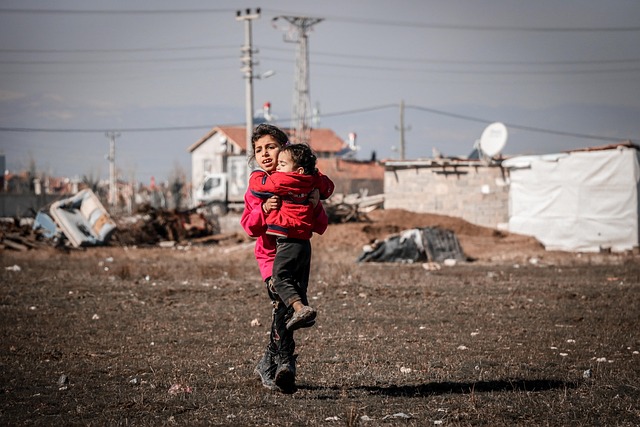The impact of extreme weather events is becoming increasingly apparent as climate change continues to reshape our environment. From devastating hurricanes to unprecedented wildfires, the world is experiencing a rise in natural disasters that not only disrupt communities but also highlight significant communication difficulties in conveying essential information and garnering an adequate response.
Communication is the thread that connects people during times of crisis. However, during extreme weather events, this thread can easily fray. Misinformation spreads like wildfire, often fueled by social media, making it challenging for authorities to relay accurate instructions. Imagine the confusion as families scramble for shelter, only to find conflicting reports regarding safety protocols. The emotional toll of this uncertainty is palpable, leaving many feeling anxious and vulnerable.
Effective communication is essential in preparing for and responding to the inevitable challenges posed by our changing climate. To address these communication difficulties, we must prioritize clear, concise messaging that resonates with the affected populations. This means utilizing multiple platforms, including social media, public announcements, and community organizations, to reach a broader audience and eliminate any chance for misinterpretation. Every second counts when lives are at stake, and the need for reliable information is more acute than ever.
Moreover, as we grapple with climate change, it’s crucial to foster a culture of proactive communication. Communities can benefit from organized drills and workshops designed to improve readiness for extreme weather events. These initiatives not only enhance preparedness but also build trust between agencies and residents, making future communications more effective.
Environmental organizations, government bodies, and local communities must come together to share their resources and expertise. By collaborating, we can create a network of information sharing that truly puts the needs of the community first. Imagine a world where, in the wake of a devastating storm, citizens feel confident in the guidance provided by their local leaders. This vision can only be achieved through significant efforts to overcome the existing communication difficulties that currently hinder our responses to climate change.
Finally, empowering individuals with knowledge and tools to understand their environment can be transformative. Education around climate change and its consequences not only raises awareness but also encourages individuals to communicate effectively within their networks. When we equip our communities with the right information and resources, we enhance their ability to respond to and recover from extreme weather events.
As we navigate the complexities of climate change, understanding and addressing communication difficulties will be vital in forging resilient communities. The time to act is now, and through improved dialogue, we can create a safer environment for future generations.




